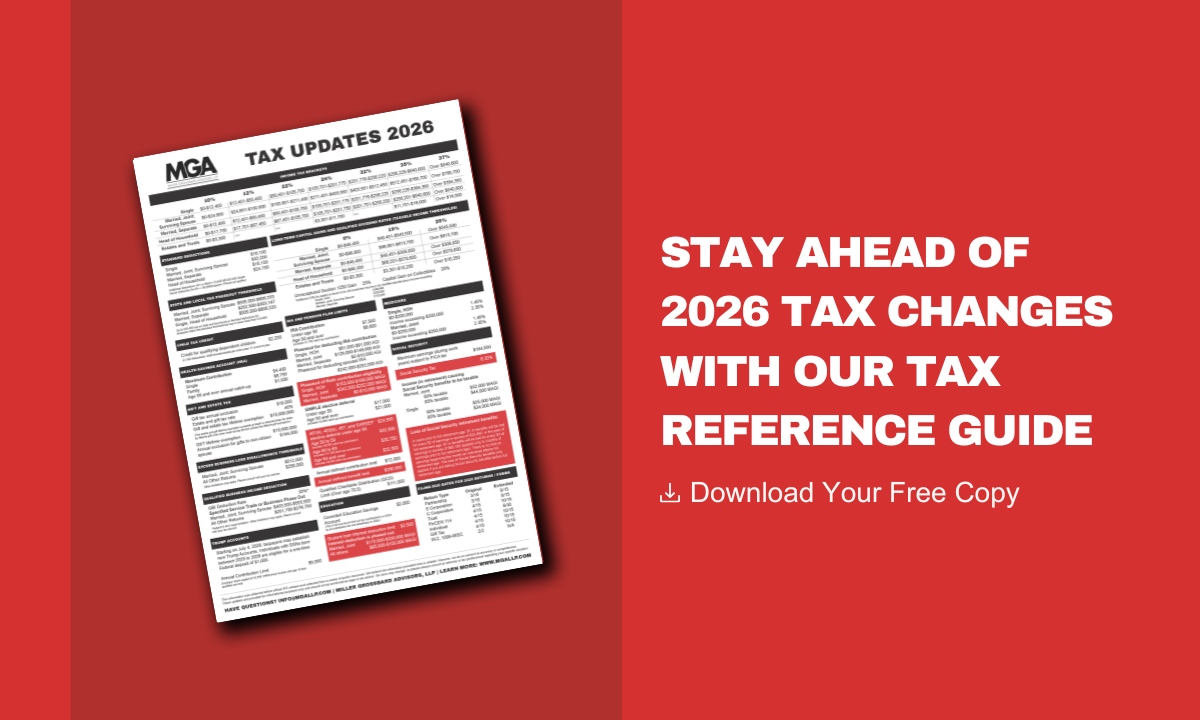Are you tired of constantly worrying about healthcare costs and looking for a way to plan for the future? Well, have you considered a Health Savings Account (HSA)? HSAs are a powerful tool that can help you save for medical expenses tax-free, and they come with some surprising benefits.
For example, let's say you're a 30-year-old with a family history of heart disease. You've been proactive about your health, but you're still concerned about the potential costs of treatment. By contributing to an HSA early on, you can build up a nest egg to cover those expenses down the road. And the best part? You can use those funds tax-free, even if you don't end up needing them until later in life.
Let’s dive into the world of HSAs and explore how they can benefit you both now and in the future.
Your HSA Questions Answered: 11 Things to Know
- Am I eligible for an HSA?
It's important to note that not everyone is eligible for an HSA. To be eligible, you must be covered by a high-deductible health plan (HDHP). The minimum deductible for an HDHP in 2023 is $1,400 for individuals and $2,800 for families. If you are covered by a plan with a lower deductible, you are not eligible for an HSA. - What are the contribution limits for HSAs in 2023?
HSA contribution limits exist and change annually. As of 2023, an individual can contribute up to $3,850, and a family can contribute up to $7,750, with an additional $1,000 catch-up contribution for those 55 or older. To ensure you stay within the limits and up-to-date on any changes, it's essential to remain informed. - Can I bring my HSA with me when I retire or switch jobs?
HSAs offer portability, allowing you to take your account with you if you change jobs or retire. This way, you can continue to use the funds to pay for eligible medical expenses tax-free, even if you are no longer covered by an HDHP. - Can I invest my HSA funds?
Investing your HSA funds can be a valuable long-term planning strategy as the funds can grow tax-free over time. Despite this, many people are unaware that HSAs can be invested in stocks, bonds, and mutual funds. However, it's important to remember that there may be fees associated with investing your HSA funds, so conducting thorough research before making any investment decisions is critical. - Can I use my HSA to pay for Medicare premiums?
Retirees can benefit from using HSAs to pay for Medicare premiums. After enrolling in Medicare at age 65, you can use tax-free HSA funds to cover these expenses. This approach offers a way to reduce healthcare costs and is particularly useful for those on a fixed retirement income. - How can HSAs be used to cover long-term care costs?
While HSAs are primarily designed to cover qualified medical expenses, they can also be used to pay for long-term care expenses such as home care services, nursing home care, and assisted living facilities. For example, if an individual needs to pay for a nursing home, they can use their HSA funds to cover the cost of room and board as well as other qualified medical expenses associated with their care. This can be a valuable tool for individuals concerned about the cost of long-term care in retirement. - Can I use my HSA to cover COBRA premiums?
If you elect to continue your employer-sponsored health coverage through COBRA after losing your job, you can use your HSA funds to pay for COBRA premiums tax-free. HSAs can be a valuable resource for individuals who want to keep their healthcare costs low during a time of transition. - What medical expenses can I pay for with my HSA?
HSAs offer flexibility when it comes to paying for medical expenses. For example, dental and vision expenses are often not covered by insurance plans but can be paid for with HSA funds. This can include things like routine check-ups, braces, glasses or contact lenses, and more. Additionally, certain over-the-counter medications, such as allergy or pain relief medications, can be purchased using HSA funds. - What are the rules and regulations surrounding HSAs that I should be aware of?
It's important to note that HSAs are subject to certain rules and regulations. For example, you cannot use your HSA funds to pay for non-qualified expenses without incurring a penalty. It's important to keep track of your HSA expenses and to only use the funds for qualified medical expenses, such as doctor's visits, prescription medications, and certain medical equipment. - Can I take penalty-free distributions from my HSA?
Once you reach 65 years old, you can withdraw funds from your HSA without penalty for any reason, even if it's not for medical expenses. However, keep in mind that non-qualified withdrawals will be subject to income tax, similar to a Traditional IRA. This means that your HSA can serve as a source of tax-advantaged retirement income. - Is there a time limit to submit HSA reimbursement?
If you have an HSA, you have the flexibility to delay reimbursement for qualified medical expenses for as long as you need, even for decades. This strategy can be a smart tax planning move for those who meet certain criteria, allowing them to take advantage of the tax-free growth of their HSA funds over time. Click here to read more on this concept.
Taking Control of Your Healthcare Costs with an HSA: Is It Right for You?
HSAs can be a great way to save money on healthcare expenses for those who qualify. They provide tax benefits, investment opportunities, and flexibility when it comes to paying for medical expenses.
But it's important to keep in mind that HSAs come with certain rules and regulations, such as contribution limits and penalties for non-qualified expenses. It's essential to stay up to date with any changes in these regulations.
If you have any questions regarding HSAs, please don’t hesitate to reach out to your team here at MGA.
We are here to make the complex simple.
Subscribe Now!
Enjoy reading our articles? Click here to receive instant notifications as we publish new blog posts, videos, webinars, white papers, and more. Or, if you'd prefer monthly updates, you can subscribe here.
.png?width=191&name=mgalogofinal-01%20(3).png)




